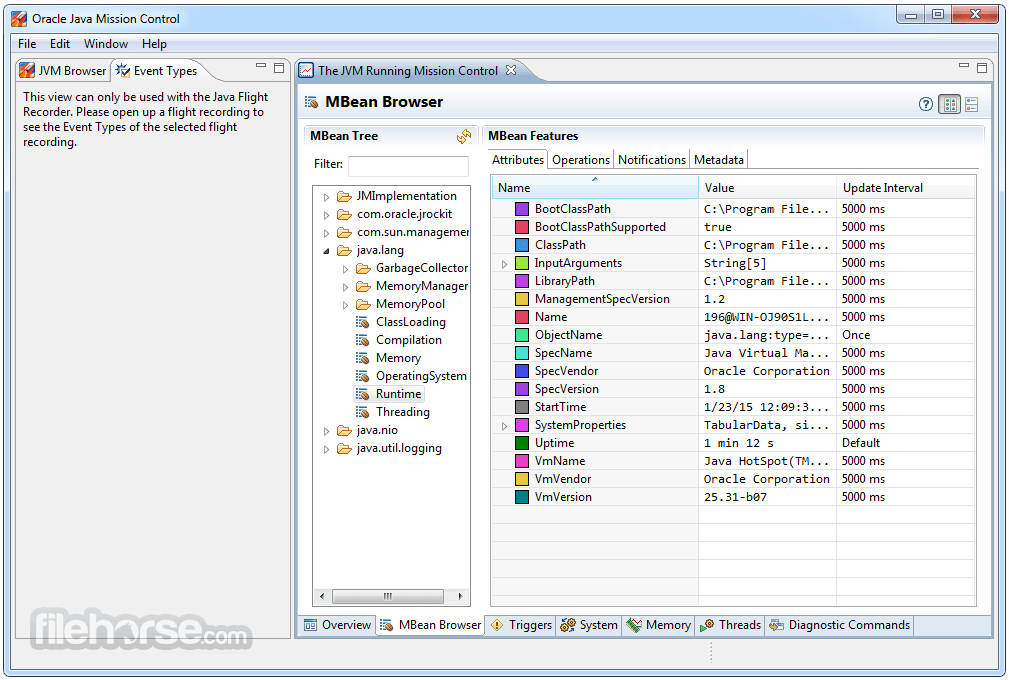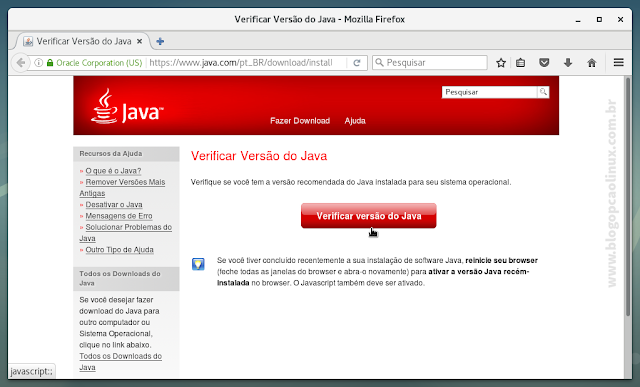

Update the package repository to ensure you download the latest software: sudo yum updateĢ. The current default, Long-Term-Support (LTS) version is Java 11. You can also decide which version you want on your system by installing a specific version number. You can install one or several Java packages on your machine. However, bear in mind its license only allows non-commercial use of the software. You can find the official Oracle JDK through a third-party repository or on the official Oracle webpage. You use JRE for running Java-based applications, while JDK is for developing and programming with Java.Īlso available is Java Oracle, another SE implementation, which has additional commercial features. There are two (2), open-source Java packages, Java Development Kit (Open JDK) and Java Runtime Environment (Open JRE).

Module (FOM) 3.0 is an integrated part of the OpenSSL 3.0 download. In this document, we look at different packages within the Java SE. All older versions (including 1.1.0, 1.0.2, 1.0.0 and 0.9.8) are now out of support.

The yum package manager, included by defaultĬurrently, there are four Java platforms available: The Java EE Tutorial Project is the official site for the Java Platform, Enterprise Edition (Java EE) 8 Tutorial that is delivered with the Java EE 8 SDK.Access to the command-line/terminal window The release information on this page covers the Java SE releases that were widely distributed or significant to the development of Java.For a dedicated Fedora guide, please refer to How To Install Java On Fedora.Īnd for other systems, check our tutorial on how to install Java on Windows. Note: These installation instructions apply for CentOS7 as well as versions 6 and 6.5, RHEL, and recent Fedora releases.


 0 kommentar(er)
0 kommentar(er)
